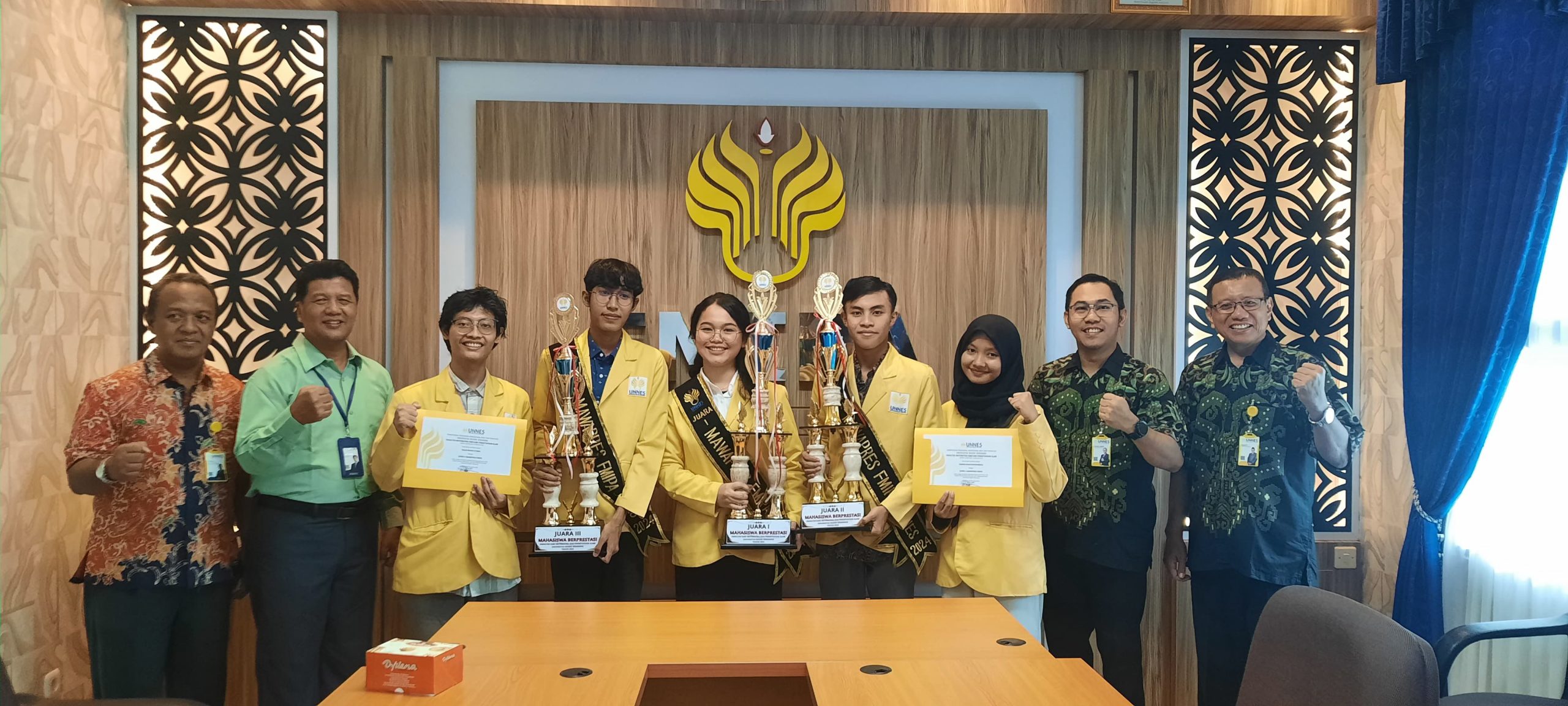From the past until now, waste has always been an unresolved problem. The increasing population and the rising living needs have led to an accumulation of waste. This is further exacerbated by unmanaged and poorly organized waste disposal systems. Additionally, the cultural tendency of people to dispose of waste in random places adds to the problem.
Data from the Pollution Control Deputy of the Ministry of Environment and Forestry (KLH) is staggering. It is estimated that each person produces 0.8 kg of waste per day. Considering Indonesia’s current population (2021) of approximately 271.3 million people, the daily waste generated amounts to 217,040 tons per day. This is more than enough to create mountains of waste. Out of this massive amount, only 5% is recycled into compost.
Potential Dangers of Waste
The large amount of waste generated poses various problems, including environmental, health, and aesthetic issues. Burning waste leads to air pollution, especially when plastics are incinerated, resulting in the formation of hazardous dioxins and furans. Moreover, the management of final disposal sites (TPA) for waste is still inadequate.
The accumulation of waste in TPAs creates new problems. Leachate or percolating water from the decomposing waste seeps into the soil, causing issues as it contains organic substances from organic waste and inorganic substances from cans and other inorganic waste. The absorbed leachate alters the chemical composition of the soil. If the soil is used for planting crops, the absorbed leachate, along with the minerals absorbed by the plant roots, will be transported. Consequently, these harmful substances will be distributed within the plants. One can imagine the consequences if these plants are consumed by humans.
Our TPAs also do not separate organic waste from inorganic waste. As a result, all types of waste are disposed of together in the TPAs. A portion of the waste is non-biodegradable plastic waste, making the situation even more challenging.
Circle of Plastic Waste Devil
As we know, our society is highly dependent on and in great need of plastic bags. This is because plastic bags are practical and very cheap. Almost every day when we shop at supermarkets, convenience stores, markets, or other places, the sellers always give us plastic bags for free. We are greatly assisted by this system, so we don’t have to bother bringing shopping bags wherever we go. This increases the demand for plastic bags, which in turn leads to an increase in the amount of plastic waste generated.
The packaging of food and snacks currently in circulation almost entirely uses plastic as the wrapping material. This will further increase the amount of plastic waste. Data states that around 640 tons of plastic waste are generated each year from instant noodle packaging alone. This astonishing amount doesn’t even include plastic from packaging bags, plastic from mineral water bottles, and other types of packaging. Yet, plastic is a waste material that is difficult to decompose. It takes hundreds of years to break down. Plastic that is simply discarded will disrupt soil structure by reducing its density. Additionally, the presence of plastic in the soil hinders the absorption of rainwater into the ground.
Burning plastic waste is not a good solution as it can produce dioxins and furans, two hazardous substances as mentioned above. Dioxins and furans are carcinogenic chemicals that can trigger cancer. Another problem arises when plastic is used to wrap hot fried foods or other hot foods. Polymers and additives in the plastic migrate into the food due to the heat. As a result, the consumed food becomes unhealthy as these substances accumulate in the body.
Seeking Solutions
To avoid the increasing accumulation of plastic waste, various improvements need to be made. Firstly, in terms of policy improvements, both the central and local governments have the authority to issue regulations for supermarkets, convenience stores, department stores, and other shops to stop providing free plastic bags. The plastic bags that have been given for free until now should no longer be allowed. Customers should be required to purchase these plastic bags at the store for a slightly higher price, for example, one or two thousand rupiahs. This regulation will force individuals to get used to bringing their own shopping bags from home. Germany is one of the countries that has implemented this policy. As a result, every German citizen always prepares shopping bags or plastic bags from home whenever they go out. Additionally, individual awareness needs to be raised, especially starting from educational environments such as schools and campuses, to encourage people to get used to bringing their own plastic bags when shopping.
Secondly, the provision of plastic pellet processing machines in every final disposal site (TPA). By empowering waste pickers in the TPAs, the collected plastic waste can be cleaned, dried, and processed into plastic pellets. TPAs can collect these plastic pellets to be sold back to plastic manufacturers or other polymer companies. Local governments can implement this program by creating regulations that require plastic manufacturers or plastic-producing industries to purchase a certain percentage of plastic pellets from TPAs. This way, the amount of plastic waste can be reduced, and plastics can be recycled.

Thirdly, to recycle and reduce the amount of plastic bottle waste, especially packaged beverage bottles, the provision of bottle ATM machines in every supermarket is absolutely necessary. The government needs to collaborate with supermarket owners to invest in purchasing these machines. Once again, we can learn from Germany in providing such facilities. Customers bring back their used beverage bottles when they go shopping at the supermarket. The bottles are then inserted into the machine, which will count the number of bottles inserted and issue a receipt stating the amount the supermarket needs to pay the customer. The receipt can be exchanged for cash or used as credit for shopping at the supermarket. The bottles are then sent back to the manufacturers by the supermarket to be repaired and reused. This way, the amount of plastic waste from bottles will be reduced. With the existence of these machines, waste pickers can also participate by selling the bottles they collect to the machine in exchange for daily necessities.
Fourthly, promoting the production and use of environmentally friendly biodegradable plastics is crucial. Biodegradable plastics are made from renewable biomass sources, such as starch from various plants, such as corn and cassava. However, unfortunately, this type of plastic is not widely commercialized in Indonesia due to its higher cost compared to conventional plastics. However, with the depletion of fossil fuel reserves, biodegradable plastics will become the best solution in the future to reduce dependence on conventional plastics. The government should seek and facilitate permits for investors interested in developing businesses in the field of biodegradable plastics.
In addition to the above measures, increasing public awareness to dispose of waste properly is essential. Change can start from individuals by always bringing their own plastic bags wherever they go, thus reducing the amount of plastic waste. When plastic waste decreases, the environment is saved.

Dr. Shohifah Annur, S.Si, M.Sc. is an alumna of the Bachelor’s degree program in Chemistry, Class of 2003, Faculty of Mathematics and Natural Sciences, Semarang State University. Shohifah Annur then pursued her Master’s and Ph.D. degrees in Chemistry at Gadjah Mada University. Currently, Shohifah Annur is a lecturer in Chemical Engineering at Serang Raya University (UNSERA) and serves as the Head of the Institute for Research and Community Service (LPPM) at Serang Raya University (UNSERA), Banten.





